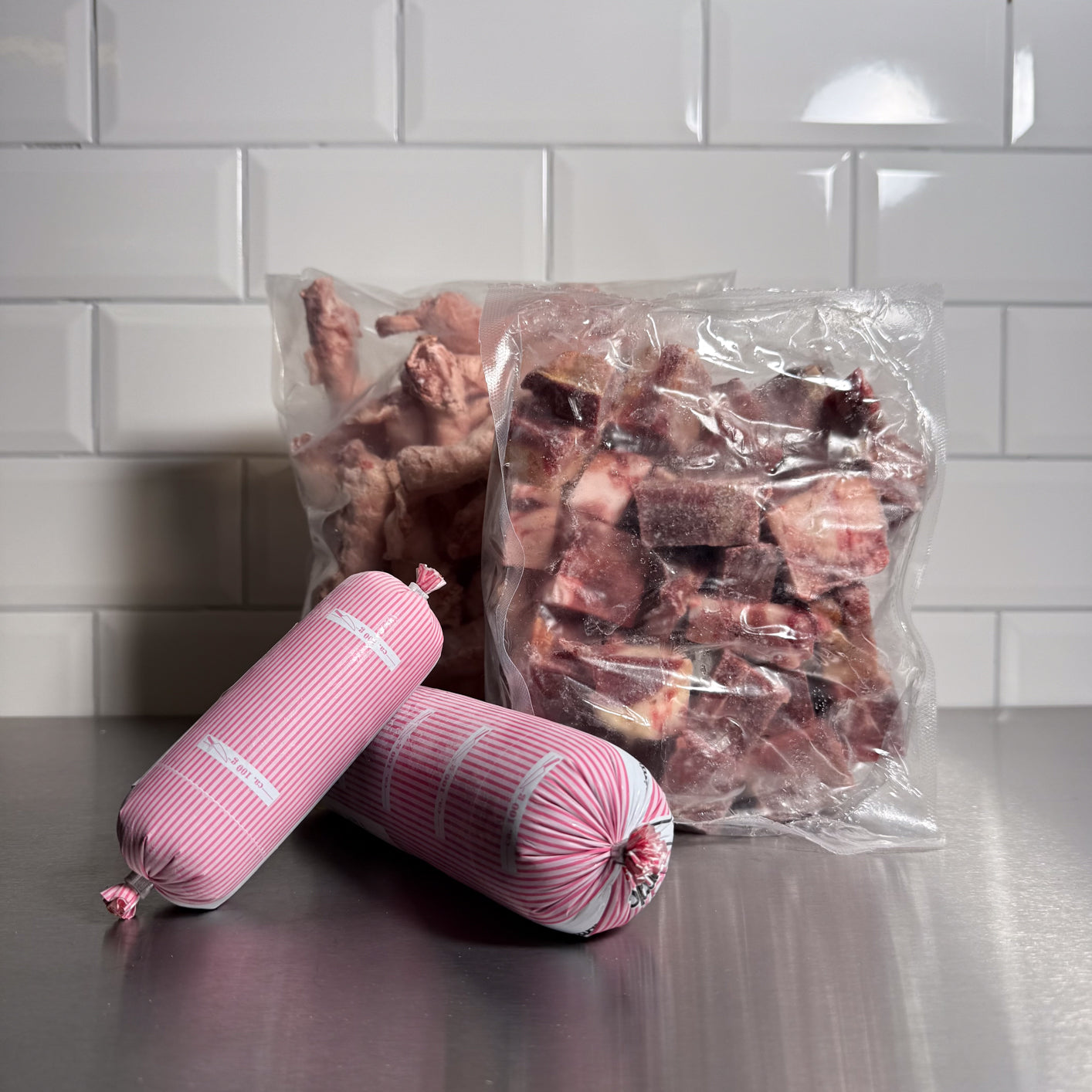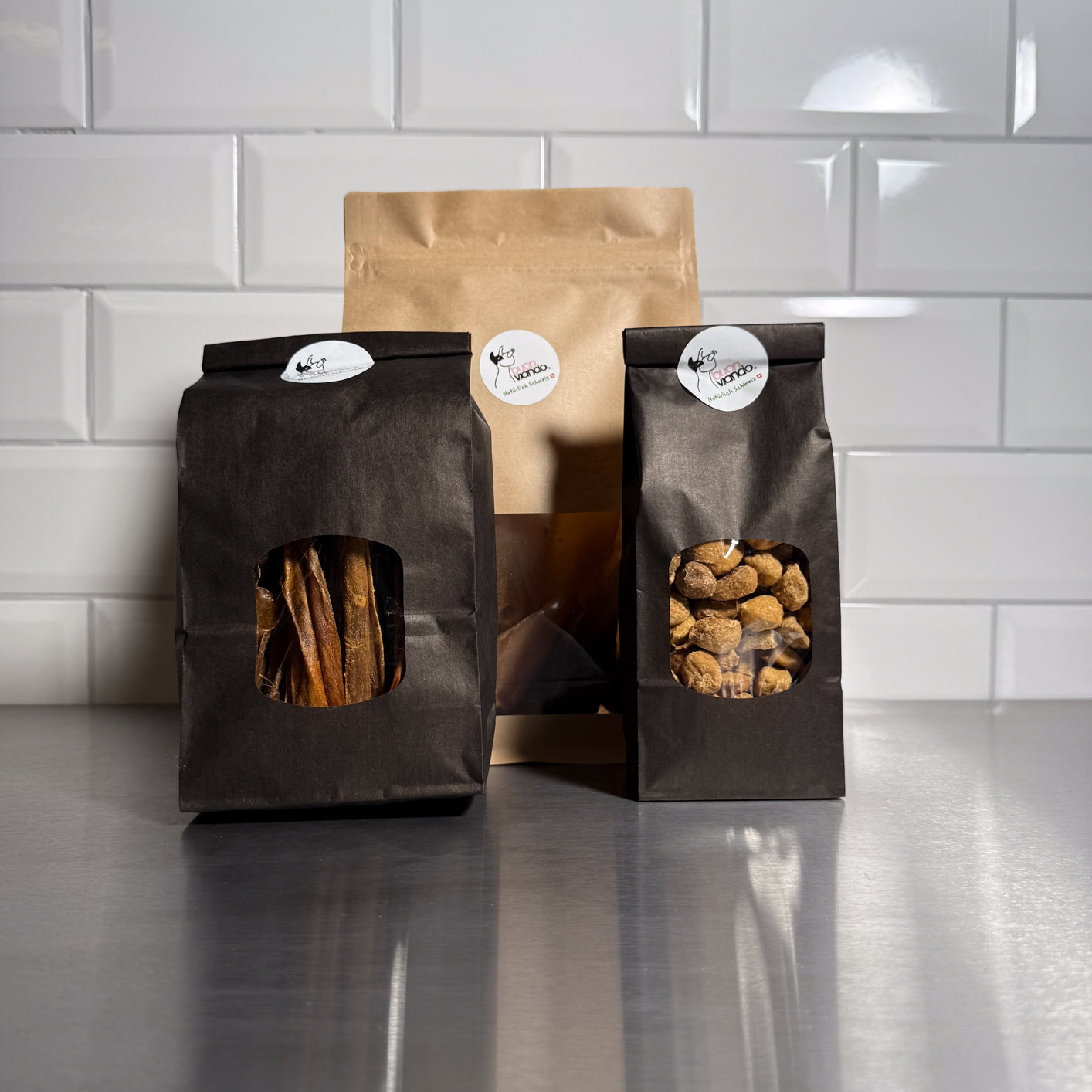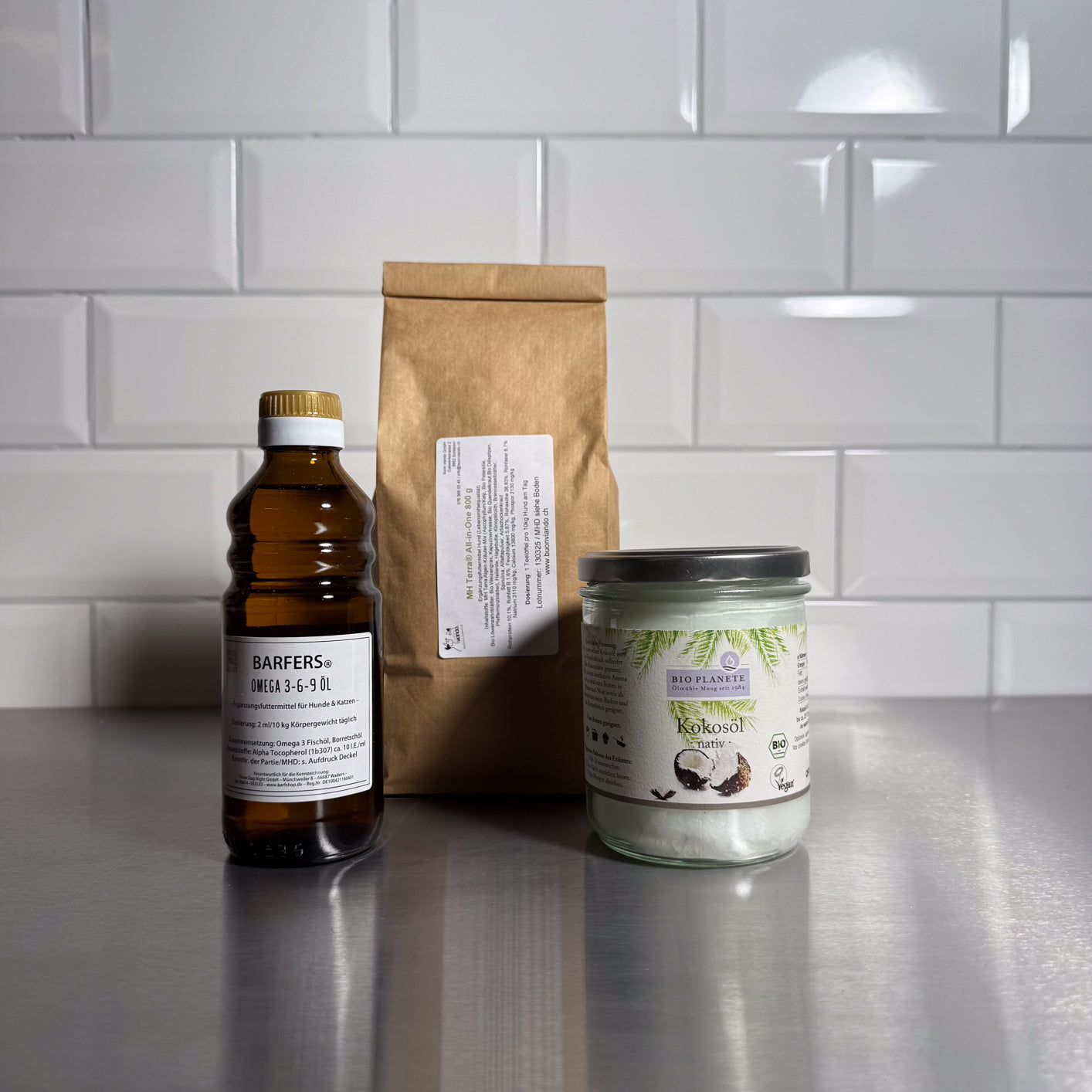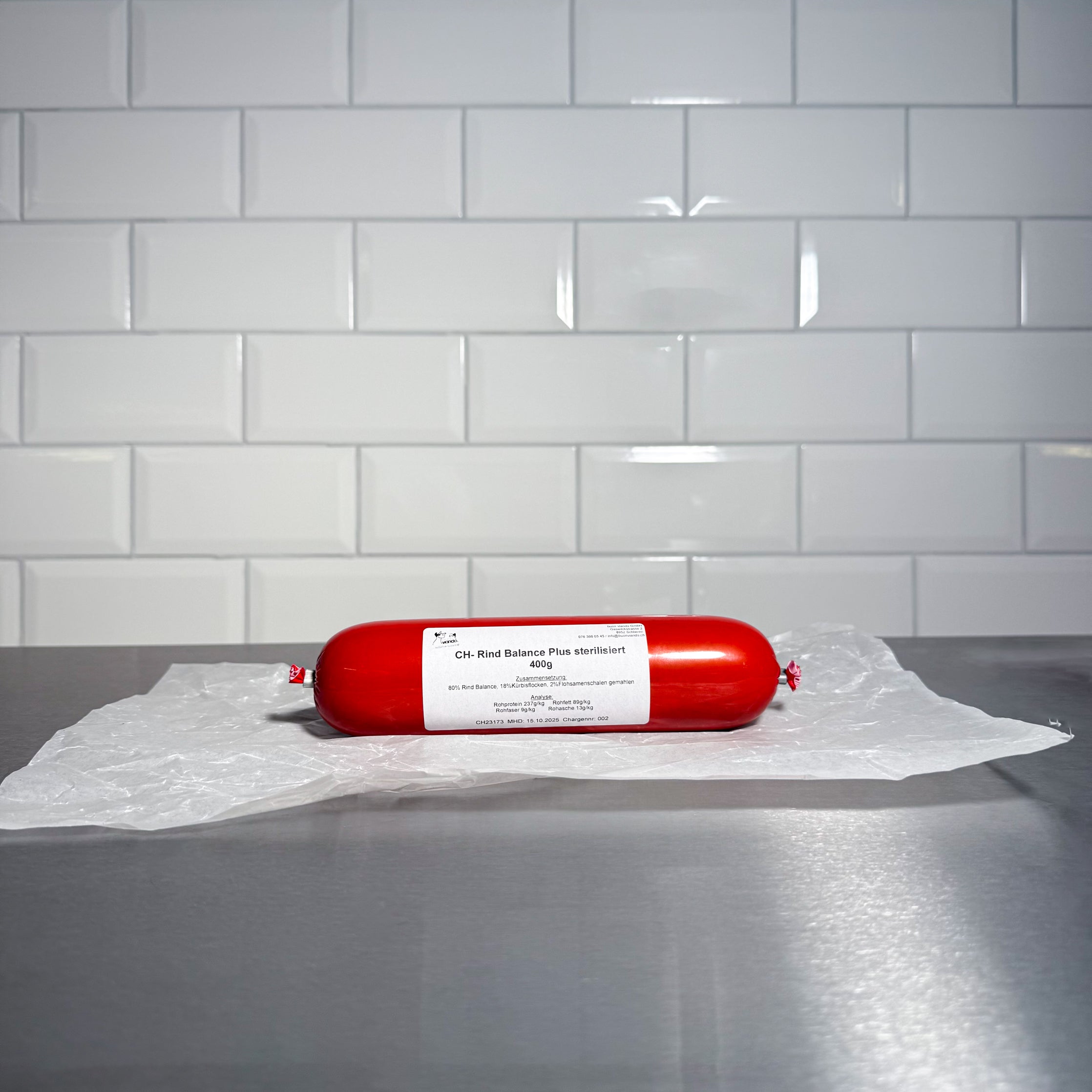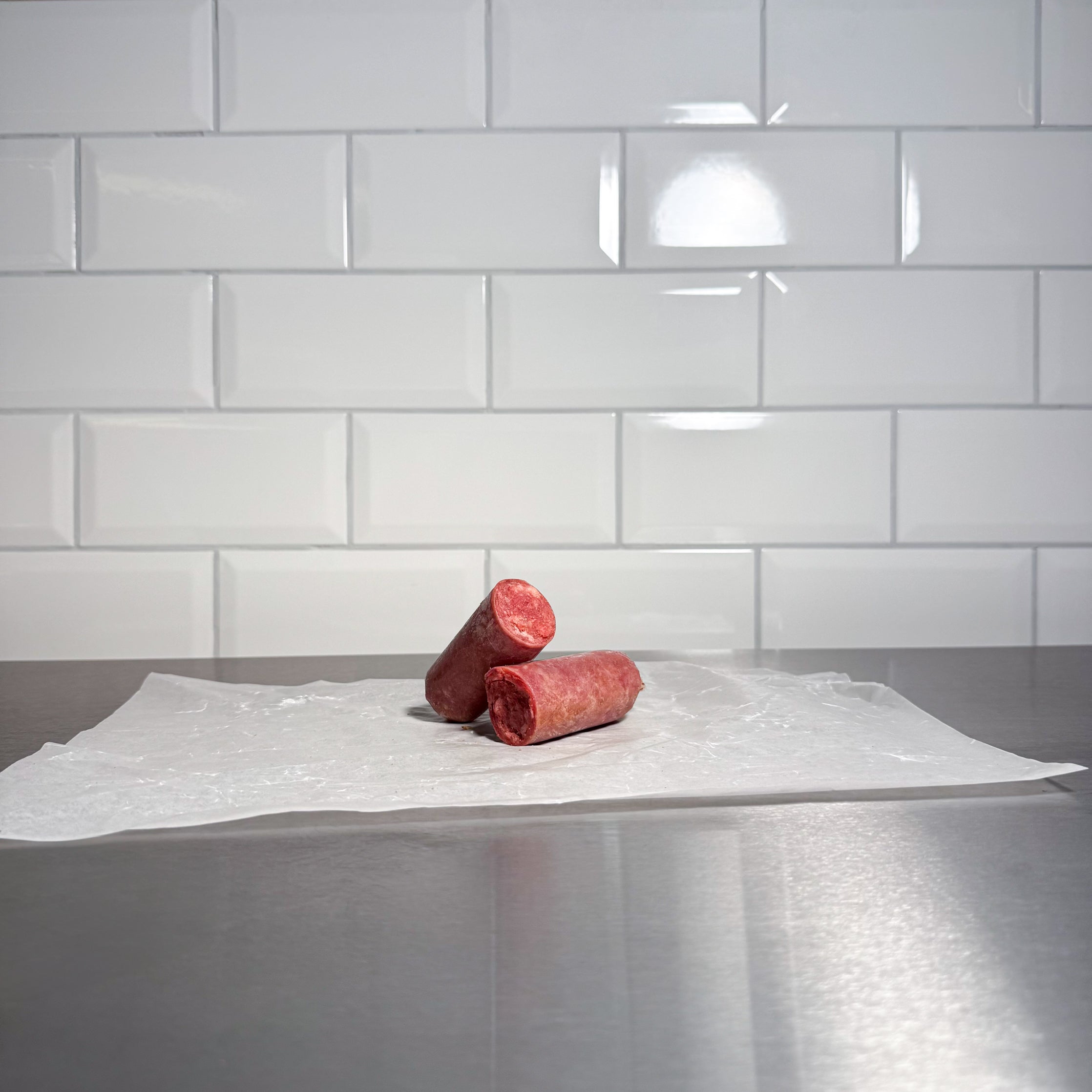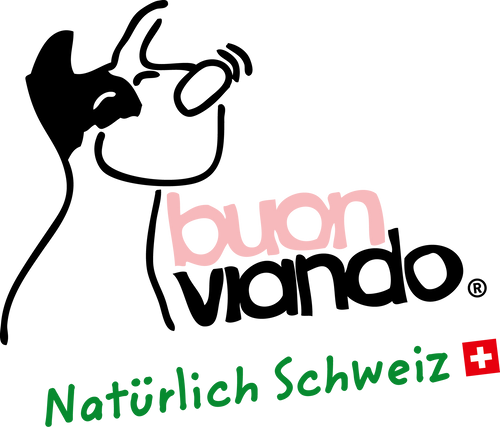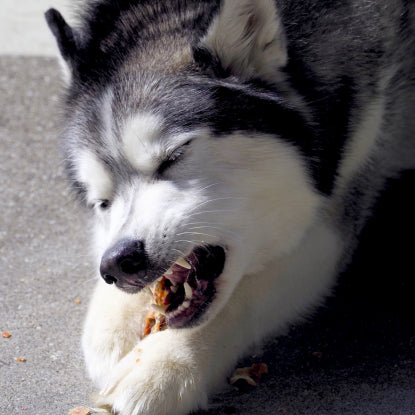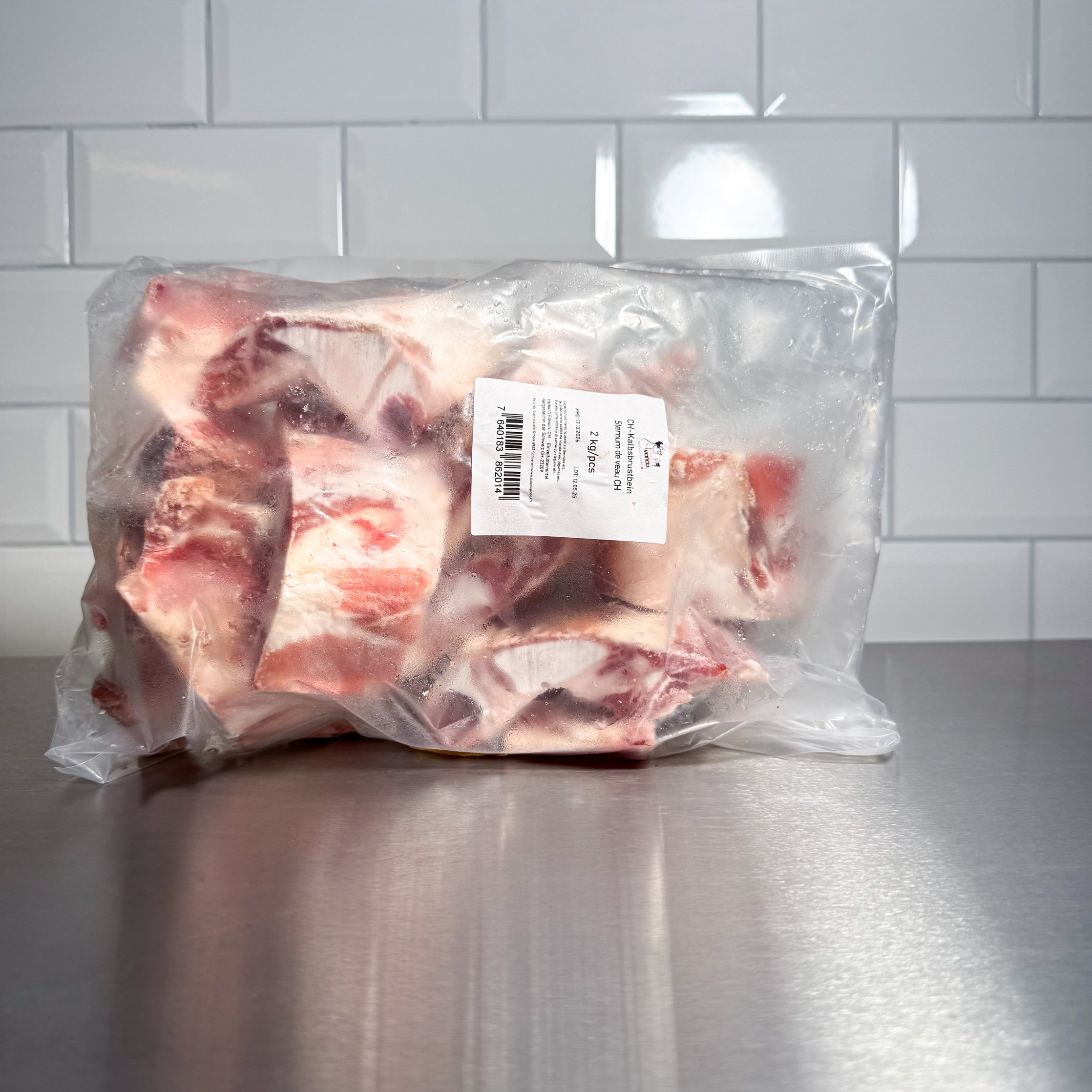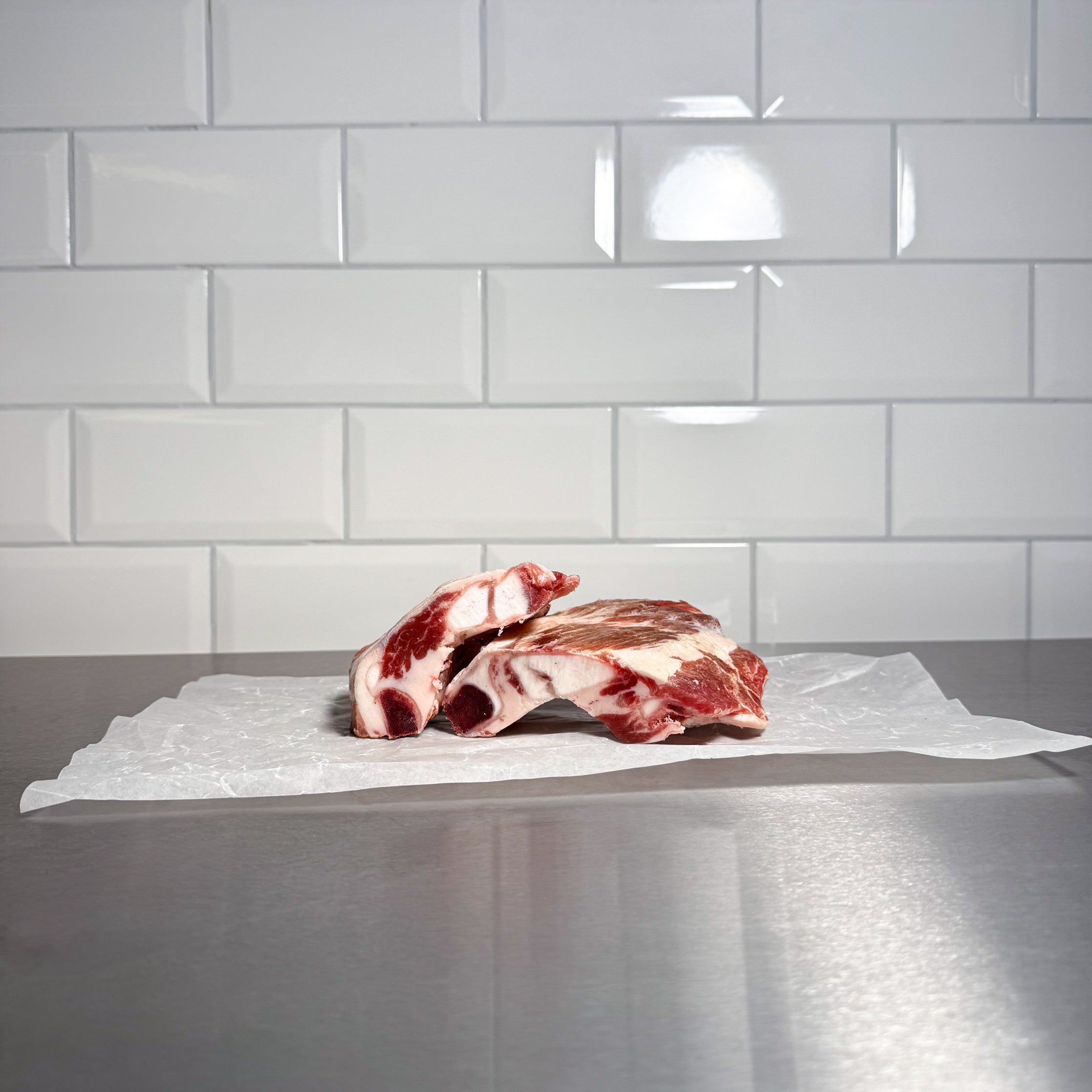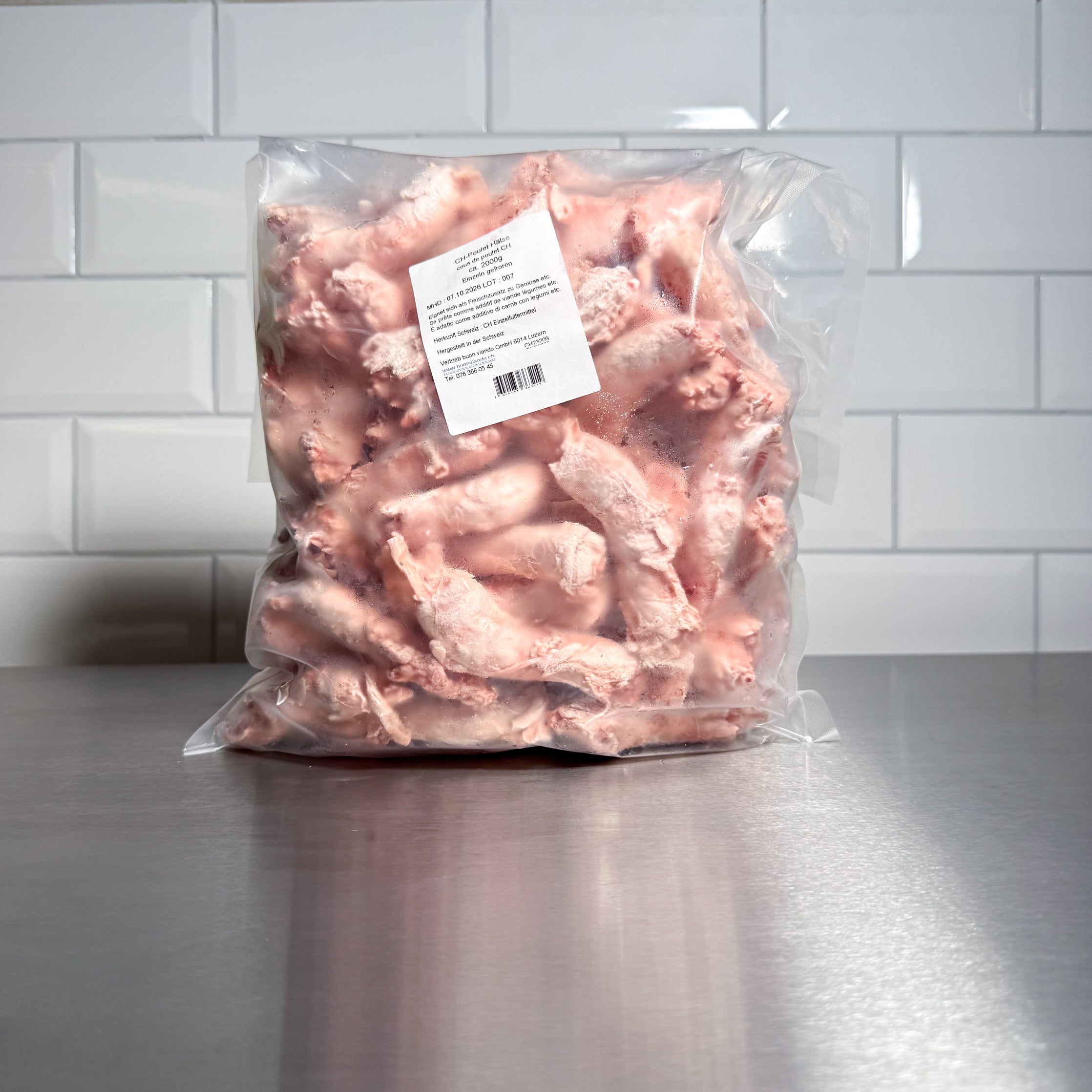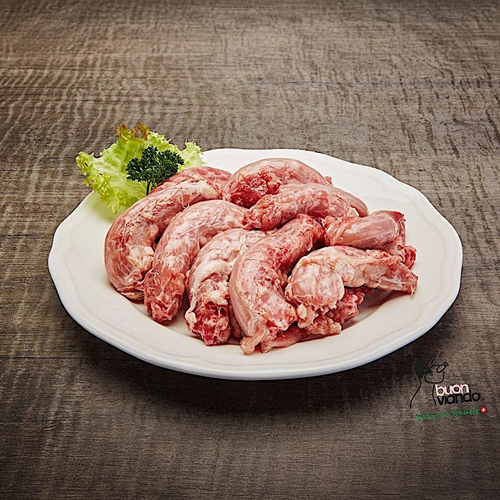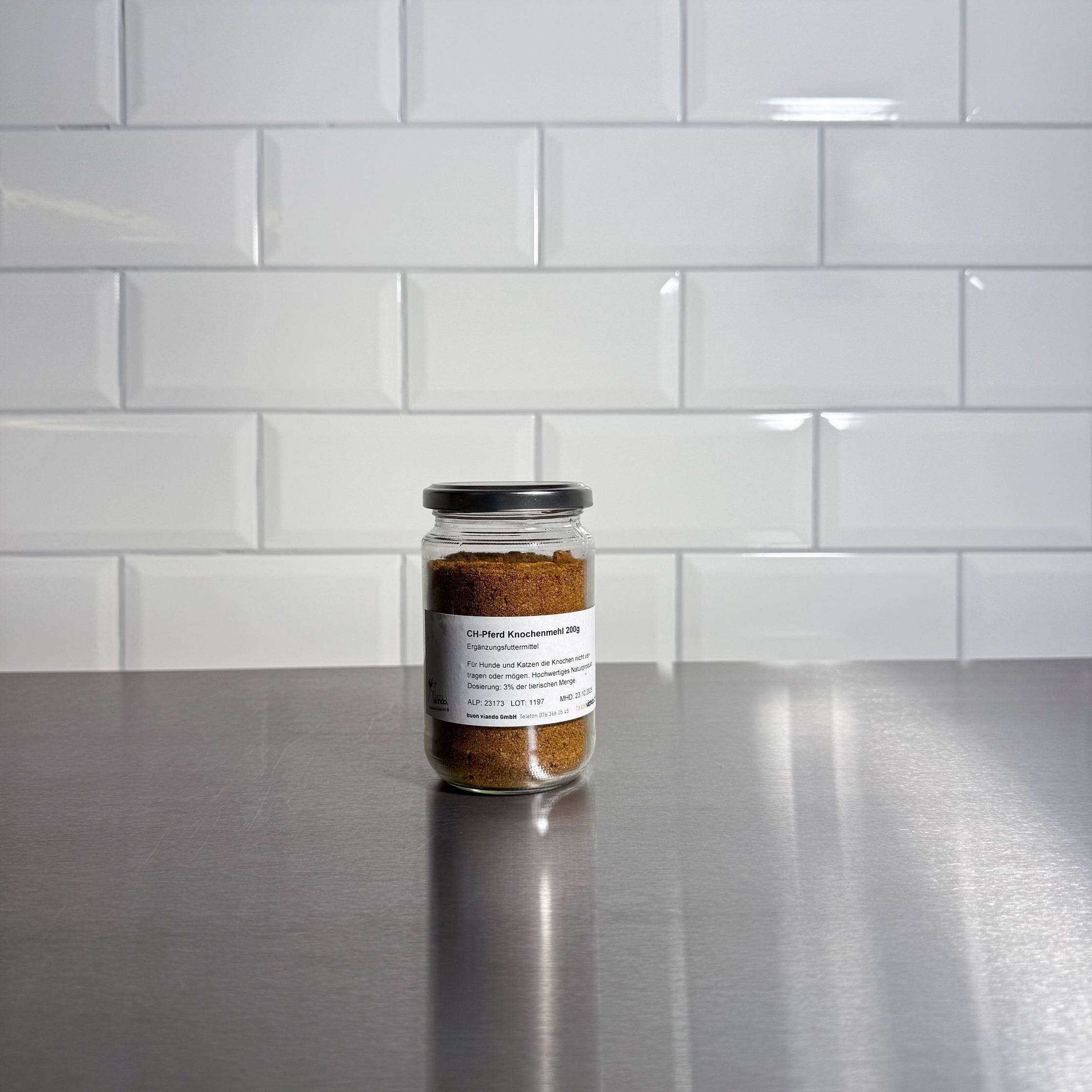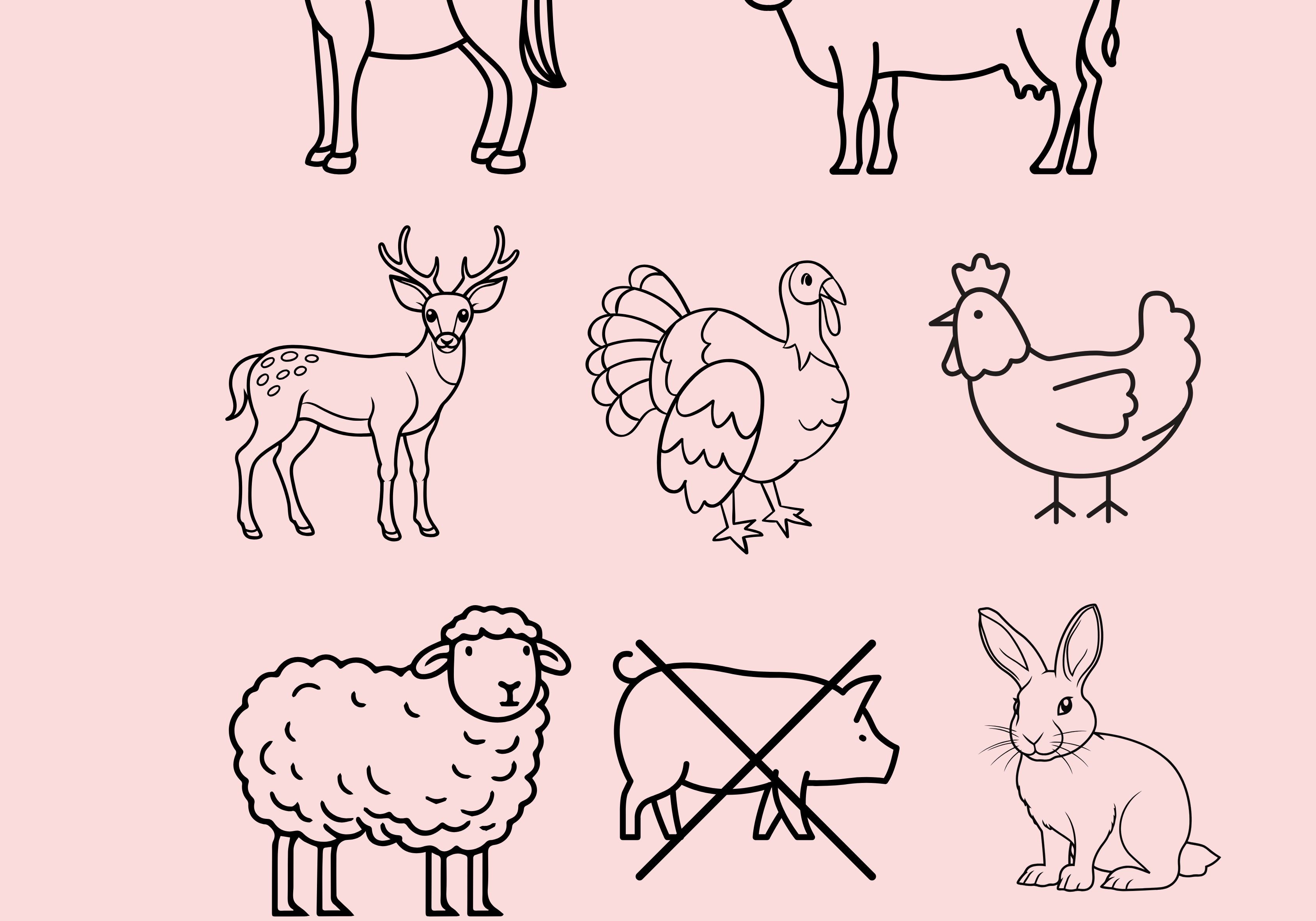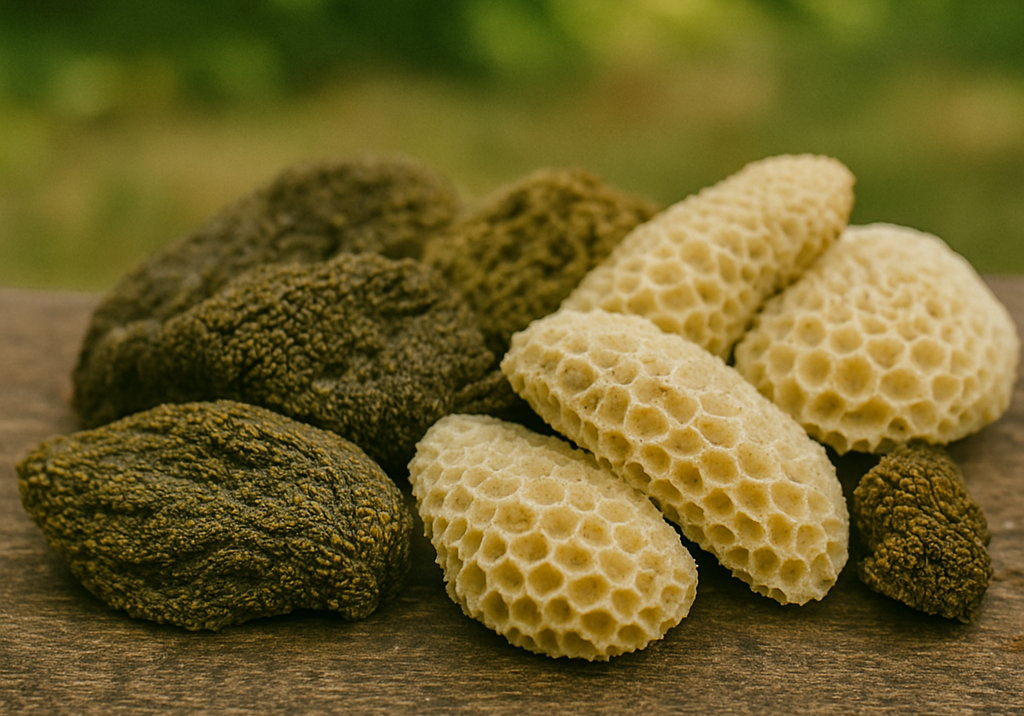Inherited from the wolf: Does your dog really need bones?
Wolves crunch bones like chips – but what about your dog? Bones provide valuable minerals and help maintain strong teeth, but not every dog tolerates them well. And not every owner feels confident feeding them. So: bones or alternatives? Here's what really matters!
Which bones are suitable?
All raw bones are generally suitable for dogs, but their calcium content varies. Soft, meaty bones like chicken necks, turkey necks, whole chicken carcasses, or duck necks contain less calcium, while harder bones like veal breastbone or joint bones are richer in calcium. A balanced calcium intake is essential and should always be considered when feeding bones. Additionally, dogs respond differently to bones – some tolerate them well, while others may experience digestive issues.
Important: Never feed cooked or dried bones, as they can splinter and cause injuries.
Bones vs. Cartilage
A common misconception is that cartilage can replace bones. However, cartilage contains very little calcium and cannot meet a dog's needs. A 30 kg (66 lb) dog would need to eat 4 kg of cartilage daily to get enough calcium – clearly unrealistic. Cartilage (e.g., beef trachea) is better suited as a chew treat than a nutritious component.
Alternatives to feeding bones
Some dogs don’t tolerate bones or can’t have them due to health reasons. Older dogs, in particular, may benefit from alternatives since bones can be hard to digest. In such cases, consider the following options:
-
Ground bones: chicken carcass sausage – safe and easy to digest
-
Bone meal: horse bone meal – contains all essential nutrients
-
Mineral mixes: calcium carbonate – should contain not just calcium, but also phosphorus, magnesium, and zinc
Dental care without bones
Bones contribute positively to dental hygiene. If you replace them, you should offer an alternative for teeth cleaning. Dried game chews or beef ears can help reduce plaque and tartar.
Safe feeding practices
-
Always feed raw bones only
-
Avoid small, hard bones that could be swallowed whole
-
Dogs that gulp food should be given large joint bones and supervised while chewing
-
Never feed a whole week's portion at once
-
Feed bones in the morning or midday, as they take longer to digest
Conclusion
Bones are a valuable part of a BARF diet but can be replaced with ground bones or bone meal if needed. Pure calcium supplements are not enough to meet all nutrient requirements. Dental care should also be considered to help prevent tartar buildup.

